UCLA and Amazon Announce Inaugural Recipients of Research Gifts and Amazon Fellowships
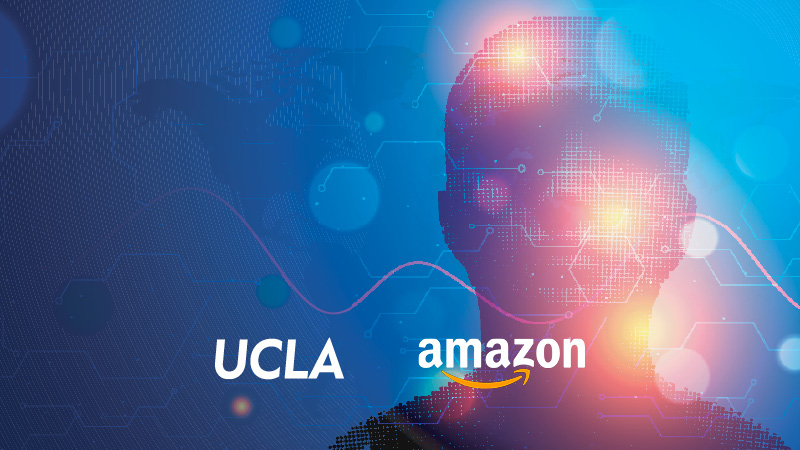
The Science Hub for Humanity and Artificial Intelligence, a collaboration between UCLA and Amazon, announced today its first cohort of 12 Amazon fellowships and six gift-funded research projects.
Funded by Amazon and housed at the UCLA Samueli School of Engineering, the Science Hub was launched last October, marking Amazon’s first such alliance with a public university. The hub was established to facilitate synthesis between industry and academic research on artificial intelligence to address society’s most pressing challenges and develop solutions that will ultimately benefit humanity.
Twelve fellows were selected from a group of 25 UCLA Samueli doctoral students, and six research projects were chosen from 55 proposals by faculty across UCLA.
“I am excited to see the mission of the hub, harnessing the power of AI for the good of humanity, being carried out through collaborations among UCLA faculty, graduate students and Amazon scientists,” said the Science Hub faculty director and computer science professor Jens Palsberg. “Together, we will break new ground in addressing the societal impact of AI and find real technological solutions to improve humanity.”
The Amazon fellows — doctoral students in computer science, electrical and computer engineering, and mechanical and aerospace engineering — will each receive up to two quarters of funding during the academic year to pursue independent research projects. They will also be invited to apply to intern at Amazon.
The inaugural cohort of the Science Hub for Humanity and Artificial Intelligence Amazon Fellows and their research interests consists of:
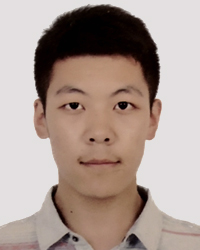
Xiangning Chen
- Automated and efficient machine learning, such as automatically identifying high-performance neural architectures and developing optimizers to accelerate large-scale pre-training
- Advisor: Cho-Jui Hsieh
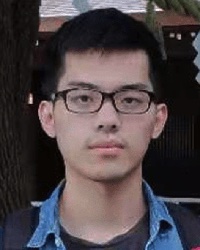
Ruchao Fan
- Children’s automatic speech recognition (ASR) in a low-resource perspective and non-autoregressive end-to-end ASR models
- Advisor: Abeer Alwan
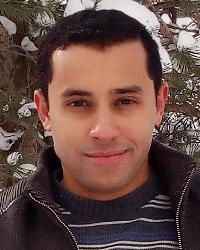
Antonious Girgis
- Communication-efficient and privacy-preserving machine learning as well as the trade-off between privacy and utility in statistical machine learning
- Advisor: Suhas Diggavi
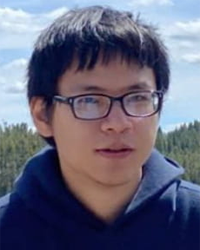
Ziniu Hu
- More efficient graph neural networks to model large-scale and complex graphs and differentiable symbolic reasoning with graph neural networks
- Advisor: Yizhou Sun
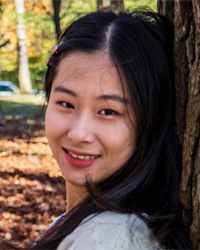
Zijie Huang
- Deep learning for reasoning over graph-structured dynamic data and modeling spatiotemporal data and knowledge graphs
- Advisor: Yizhou Sun and Wei Wang
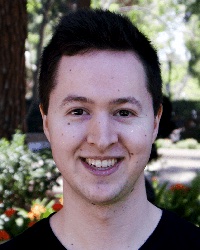
Michael Kleinman
- Representation learning, computational neuroscience, machine learning and information theory, including usable information and evolution of optimal representations during training
- Advisor: Jonathan Kao
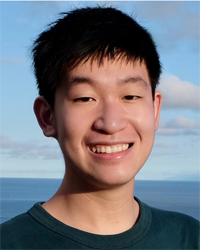
Liunian Harold Li
- Learning vision-language alignment from unaligned data and using vision-language data to facilitate computer vision models
- Advisor: Kai-Wei Chang
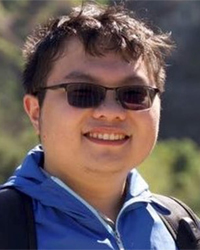
Tao Meng
- Constrained inference for bridging the distributional gap in natural language processing and machine learning
- Advisor: Kai-Wei Chang
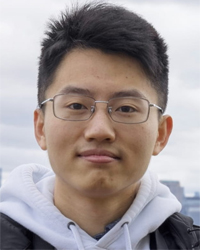
Yifan Qiao
- Democratization of large-scale machine learning training with full-stack systems and developing full-stack solutions covering ML algorithms and systems, operating systems and cloud infrastructures
- Advisor: Harry Xu and Miryung Kim
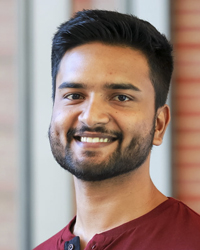
Akash Deep Singh
- Bridging the gap between radio-frequency sensing hardware and machine-learning frameworks in mobile systems and the Internet of Things
- Advisor: Mani Srivastava
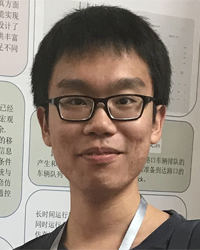
Weitong Zhang
- Optimization and machine learning, especially explainable and accountable reinforcement learning systems, and designing a provably data-efficient algorithm with application toward real-world problems
- Advisor: Quanquan Gu
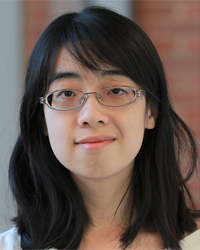
Huajing Zhao
- Developing novel, multisensory-driven robotic systems with visual and tactile perception that enable dexterous manipulation control and decision-making for safe human-robot collaboration
- Advisor: Veronica Santos
“Knowledge Graph Representation Learning and Applications in Biomedicine”
Wang will work to address some of the existing limitations that exist in most current knowledge graph models. This includes introducing a new way of deriving hierarchical knowledge graph representations, incorporating heterogeneous and dynamic properties, and creating a universal framework for real-world applications.
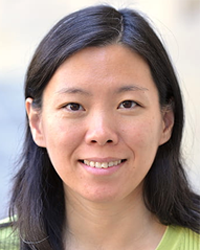
Wei Wang
Leonard Kleinrock Chair Professor in Computer Science
The research team will use deep learning-based processes and feature-attribution techniques to interpret the findings of the deep-learning techniques — all with the goal of making biomedical datasets as beneficial as possible to reduce burdens on public health.
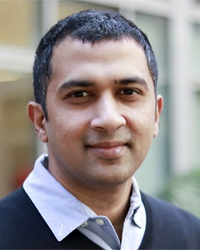
Sriram Sankararaman
Associate professor of computer science, human genetics and computational medicine
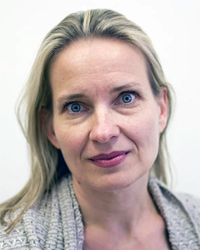
Paivi Pajukanta
Professor of human genetics
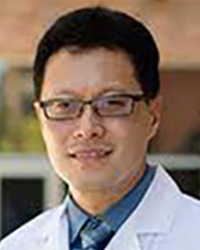
Dr. Tzung Hsiai
Cardiologist and professor of medicine and bioengineering
Loohuis and Chiang will focus their project on developing a predictive model for depressive illnesses that occur during pregnancy or after childbirth. The project will use clinical and genetic predictors to develop a model to identify at-risk mothers, evaluate whether genetic risk scores can predict PND, and compare genetic risks for PND and non-PND depression.
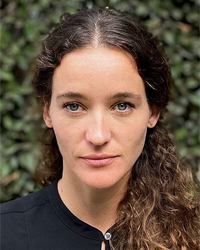
Loes Olde Loohuis
Assistant professor-in-residence of psychiatry and biobehavioral sciences

Jeffrey Chiang
Assistant adjunct professor of computational medicine
The group of researchers aims to expand the scope of SwabSeq — the scalable, inexpensive and accurate COVID-19 diagnostic PCR testing technology that is used across University of California campuses and beyond — to detect all known and unknown respiratory illnesses at scale.
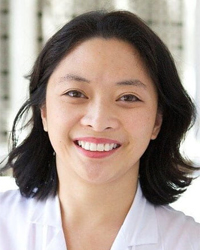
Dr. Valerie Arboleda
Pathologist and assistant professor of pathology & lab medicine, human genetics and computational medicine
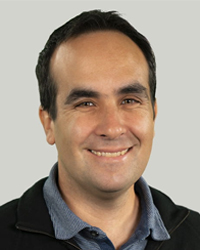
Eleazar Eskin
Professor and chair of Computational Medicine Department, and professor of computer science and human genetics
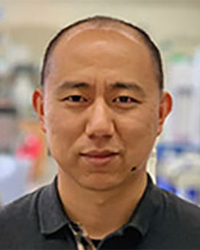
Chongyuan Luo
Assistant professor of human genetics
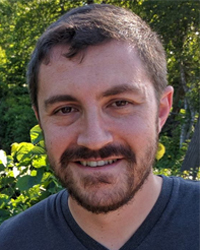
Joshua Bloom
Assistant adjunct professor of computational medicine
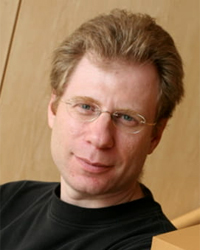
Leonid Kruglyak
Distinguished professor of human genetics and biological chemistry
Taciroglu and Alipour will use artificial intelligence to advance wildfire management strategies, taking steps to mitigate the consequences of fire spread by creating real-time wildfire fuel maps to improve fire-spread simulation and response measures.
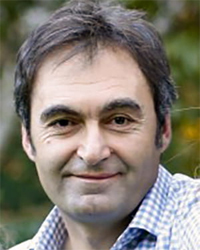
Ertugrul Taciroglu
Professor and chair of Civil and Environmental Engineering Department
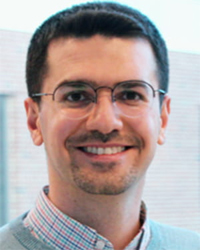
Mohamad Alipour
Research assistant professor of civil and environmental engineering at University of Illinois Urbana-Champaign
Mirzasoleiman will work to develop practical and theoretically rigorous methods to enable efficient and robust learning from massive datasets. The project will identify examples that provably contribute the most to learning and safely exclude those that are redundant or mislabeled.
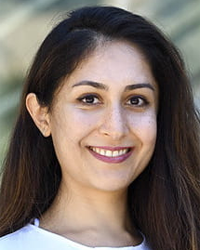
Baharan Mirzasoleiman
Assistant professor of computer science
